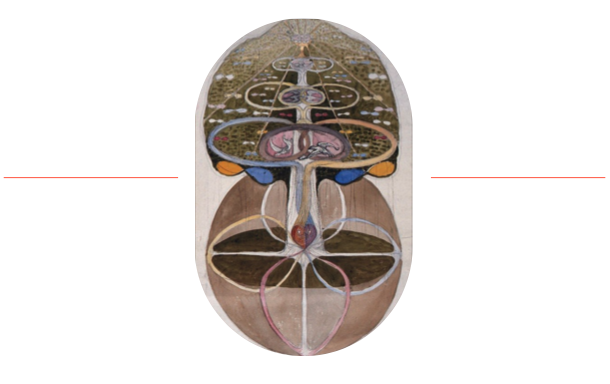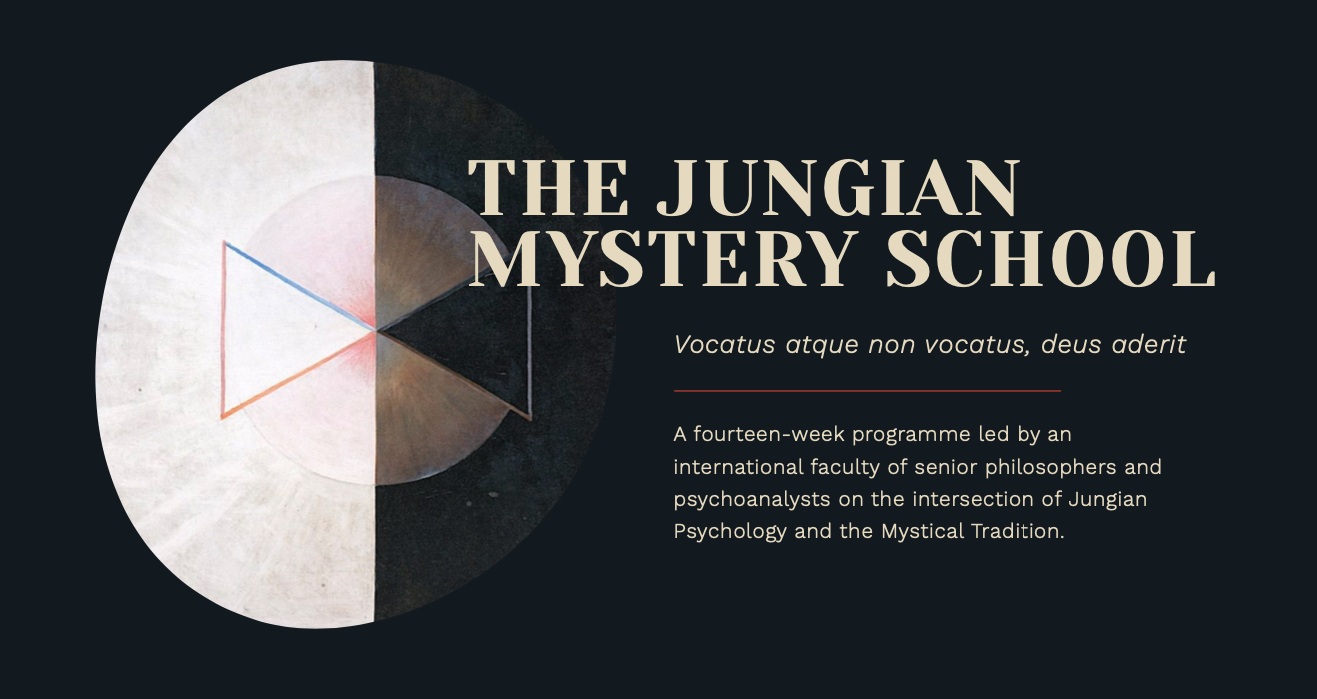
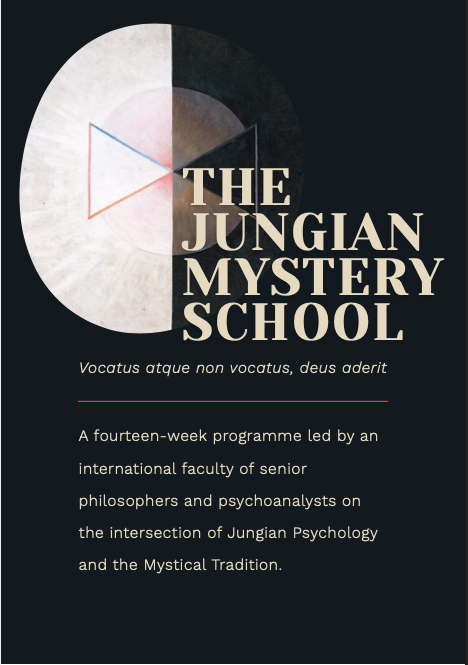
DISCOUNTED RATE FOR APPLIED JUNG SUBSCRIBERS!
Register before June 20th, 2021 and qualify for a 30% discount.
PROGRAMME DETAILS
The Jungian Mystery School opens with a panel discussion ‘Jungian Psychology and the Mystery Tradition’ on Saturday the 26th of June 2021. Every week of the programme will focus on one of the mystery traditions.
Participation in the programme includes all lectures, learning material, applications (introspective exercises) and membership of a facilitated private Facebook page for the student community and interactions.
__________________________________
DURATION: 14 Weeks
START DATE: Saturday 26 June 2021
30% DISCOUNTED RATE: single payment of $490 (save $210!), or 4 monthly payments of $140
(Standard tuition fee is $700)
__________________________________
__________________________________
EACH MODULE INCLUDES:
Reading material
Live 2-hour interactive lecture (recorded for those unable to attend live)
Application (introspective exercise)
Certificate of Completion upon completion of the programme.
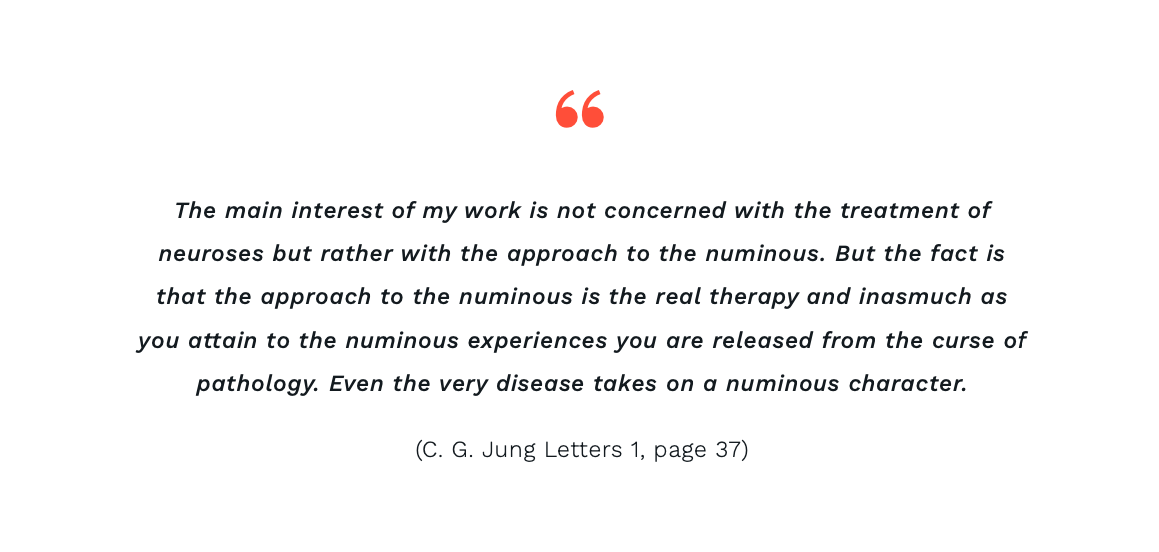
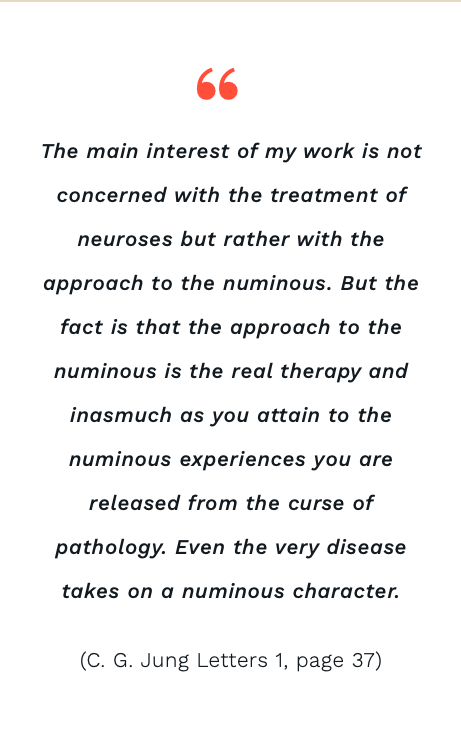
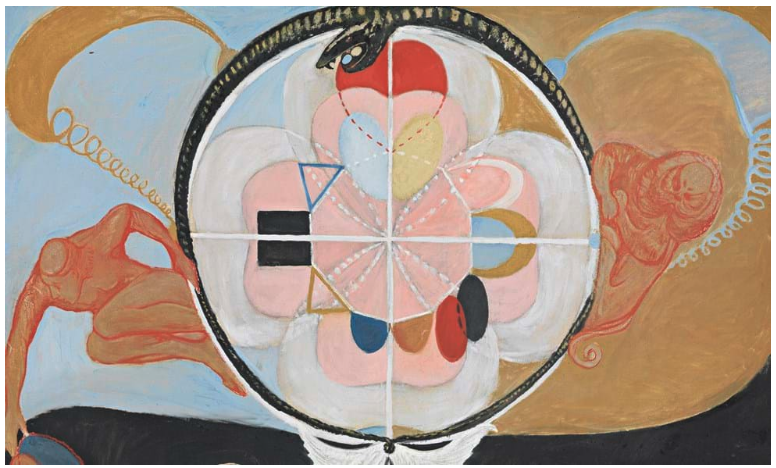
The Jungian Mystery School will take students on an in-depth exploration of various mystical traditions that are either directly present in or have influenced the development of Jungian psychology and continue to augment its practice. The gift of Jung’s work and legacy is the lens it offers to interpret such traditions in their psychological, symbolic, and archetypal dimensions. The Jungian Corpus constitutes, in effect, a type of modern mystery school.
This programme in relating Jungian psychology to various schools of mysticism from around the world is unprecedented in contemporary studies in its scope and echoes the famous Eranos Conferences on the confluence of religious traditions held annually in Ascona, Switzerland, in which Jung played a central role between 1933 and 1952. The faculty for the Mystery School, selected by Murray Stein PhD and Stephen Farah MA, HOD at The Centre for Applied Jungian Studies, include some of the world’s foremost authorities on the intersection of mystical traditions and psychoanalysis.
THE PROGRAMME
Jungian Psychology and the Mystery Tradition
Opening panel discussion with Murray Stein, Ann Chia-Yi Li, Stephen Farah, Roderick Main
The Mystical Self in Jungian Psychology
by Dr Leslie Stein
Synchronicity and Mystical Experience
by Prof. Roderick Main
Where the Golden Flower is Blooming: The Resonances of Daoist alchemy and Jungian Psychology
by Ann Chia-Yi Li, MA
The 10 Ox-Hearding Pictures of Zen Buddhism
by Dr Paul Brutsche
Imagining the Imaginal: Jung and Corbin on the Imagination
by Tom Cheetham, PhD
Jung and the Evolution of God: Christ, Abraxas, Phanes and the Coming New Aeon
by Dr Lance Owens
Androgyneity in Kabbalah and Psychoanalysis
by Prof. Moshe Idel
Beyond Night and Day: Parmenides on Being
by Prof. Dylan Futter
Jung’s Mysticism: Living between Realms
by John Hill, MA
An Opening in the Hedgerow: Women’s Mysticism in the Christian Late Middle Ages
by Dr Maria Grazia Calza
Jungian Psychology and the Alchemical Imagination
by Prof. Stanton Marlan
Jung, India, and the Mysteries: The Origins of Eranos and Jung’s Indian Sources
by Dr Al Collins MD
Mysterium Coniunctionis: Jung’s Visionary Testament
by Murray Stein, PhD
REGISTRATION
Sign up now and qualify for the 30% discounted rate!
NB. Kindly refrain from sharing this link, this special offer is only available to current Applied Jung subscribers.
This offer expires 20 June 2021!
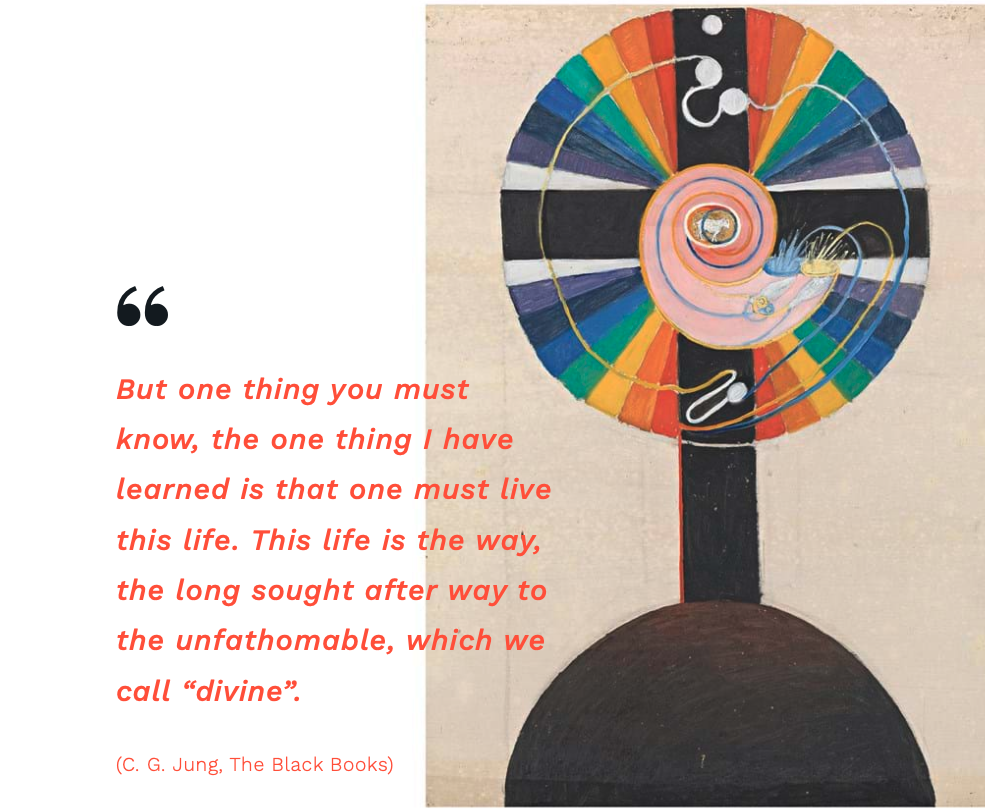
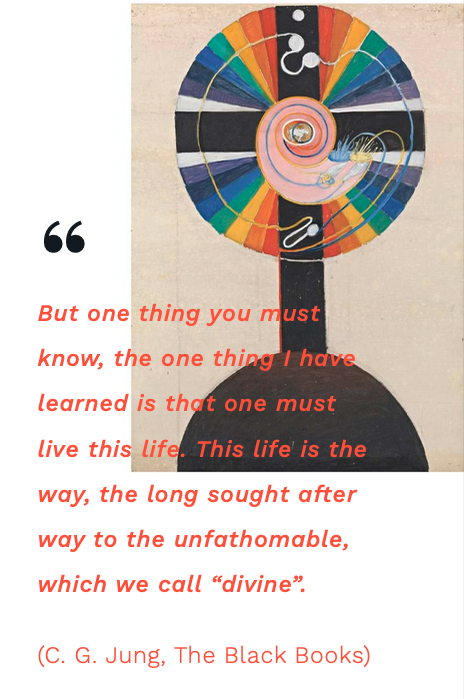
FACULTY
Murray Stein, PhD is a Training and Supervising Analyst at the International School of Analytical Psychology Zurich (ISAP-ZURICH). He was president of the International Association for Analytical Psychology (IAAP) from 2001 to 2004 and President of ISAP-ZURICH from 2008 to 2012. He has lectured internationally and is the editor of Jungian Psychoanalysis and the author of Jung’s Treatment of Christianity, In MidLife, Jung’s Map of the Soul, Minding the Self, Outside Inside and All Around and The Bible as Dream, Men Under Construction. The second volume of his Collected Writings, titled Myth and Psychology, has recently been published. He lives in Switzerland and has a private practice in Zurich.
Professor Roderick Main works at the University of Essex, UK, where he is Professor in the Department of Psychosocial and Psychoanalytic Studies and Director of the Centre for Myth Studies. He has a BA and MA in Classics from the University of Oxford and a PhD in Religious Studies from Lancaster University. He is the author of The Rupture of Time: Synchronicity and Jung’s Critique of Modern Western Culture (Brunner-Routledge, 2004) and Revelations of Chance: Synchronicity as Spiritual Experience (SUNY, 2007), editor of Jung on Synchronicity and the Paranormal (Princeton/Routledge, 1997), and co-editor of Myth, Literature, and the Unconscious (Karnac, 2013), Holism: Possibilities and Problems (Routledge, 2020), and Jung, Deleuze, and the Problematic Whole (Routledge, 2021).
Professor Les Stein is a Jungian Analyst in private practice in Sydney and an Adjunct Professor at the University of Sydney. Professor Stein is a graduate of the C.G. Jung Institute of New York and a member of both the New York Association for Analytical Psychology and ANZSJA. His books on mysticism and the Self include Becoming Whole: Jung’s Equation for Realizing God (New York: Helios, 2012, 2018), The Journey of Adam Kadmon: A Novel (New York: Arcade, 2001, 2012), and Working with Mystical Experiences in Psychoanalysis: Opening to the Numinous (London: Routledge, 2018) based upon interviews with 29 mystics in India, Cambodia, and New York. His next book is The Self in Analytical Psychology.
Ann Chia-Yi Li, MA is from Taiwan, where she studied Chinese Literature and English Literature. After her analytical training in Switzerland, Ann keeps a private practice in Zurich. She is a training analyst and a member of the Program Committee of International School of Analytical Psychology (ISAP Zurich). Her interest lies in the relationship between Daoist practice, Alchemy, and Analytical Psychology. She has an article published in 2018, ‘The Receptive and the Creative: Jung’s Red Book for Our Time in the Light of Daoist Alchemy,’ in Jung’s Red Book for Our Time: Searching for Soul under Postmodern Conditions, Vol. II, edited by Murray Stein and Thomas Arzt.
Paul Brutsche, PhD was born in 1943 in Basel Switzerland. He studied philosophy and psychology in Paris and Zurich, and received his PhD from the University of Zurich. He has practiced as a Jungian analyst since 1975. He is a former president of the C.G. Jung Institute in Küsnacht and founding president of ISAP International School of Analytical Psychology Zurich where he works as a lecturer, training analyst and supervisor. He is lecturing and publishing in Switzerland and abroad on picture interpretation, symbolism in art and questions of creativity.
Tom Cheetham, PhD is the author of five books on the imagination in psychology, religion and the arts, most recently Imaginal Love (2015), and a book of poems, Boundary Violations (2015). He compiled the bibliography of archetypal psychology for James Hillman’s Archetypal Psychology: A Brief Account and is editor of volume 11 of the Uniform Edition of Hillman’s works, On Melancholy (forthcoming). He is a Fellow of the Temenos Academy in London and teaches and lectures regularly in Europe and the US.
Dr Lance S. Owens is a physician in clinical practice, and an historian with focused interest in Gnosticism and the Western visionary traditions. For two decades he has served on the clinical staff of the University of Utah, specializing in Emergency Medicine. He has lectured and written extensively about the history of C. G. Jung; he also now serves on the editorial board of the Journal of the C. G. Jung Institute of Los Angeles, Psychological Perspective. Many publications by Dr. Owens are available online at academia.edu, and researchgate.net.
Professor Moshe Idel is a Romanian-Israeli historian and philosopher of Jewish mysticism. He is Emeritus Max Cooper Professor in Jewish Thought at the Hebrew University, Jerusalem, and a Senior Researcher at the Shalom Hartman Institute. In 1999, Idel was awarded the Israel Prize for excellent achievement in the field of Jewish philosophy, and in 2002 the EMET Prize for Jewish Thought. In 2003, he received the Koret Award for Jewish philosophy for his book Absorbing Perfections. He has been conferred honorary doctorates by the universities of Yale, Budapest, Haifa, Cluj, Iasi, and Bucharest. In 1993, he received the Bialik Prize for Jewish thought.
Professor Dylan Futter is an Associate Professor in Philosophy at the University of the Witwatersrand in Johannesburg. He works primarily in ancient Greek philosophy, especially Plato and Socrates. He has published widely in accredited journals, including the Journal of the History of Philosophy, Apeiron, and Dialogue; his book manuscript, Socrates’ Search for Wisdom, is contracted by Routledge. In his spare time, he hangs out with his family and pooches, jogs, and plays tennis.
John Hill, MA received his degrees in philosophy at the University of Dublin and the Catholic University of America. He trained at the C.G. Jung Institute, Zurich, has practiced as a Jungian analyst since 1973, and is a Training Analyst of ISAP Zurich. For seven years he was academic director of ISAP’s annual conference, The Jungian Odyssey. He is IAAP Liaison to Georgia and took up acting, playing leading roles in performances on The Jung/White Letters, The Jung/Neumann Letters and The Red Book. He has lectured internationally, and his publications include papers on: The Association Experiment, Dreams, Trauma, Celtic Myth, James Joyce, and Christian Mysticism. His first book was published in 2010: At Home in the World, Sounds and Symmetries of Belonging.
Maria Grazia Calzà, PhD grew up among the olive trees of Northern Italy. After a diploma in Art Restoration, she continued her studies at the Albert- Ludwigs-University of Freiburg, Germany receiving a MA and later a PhD in Medieval History, Theology, and Psychology. She has written a book on the role of the body in the mysticism of the first Beguine, Marie d’Oignies, has published various articles and lectured internationally on the topic. She graduated from the International School of Analytical Psychology (ISAP) in Zurich. Dr. Calzà works at Lake Garda as a Philosophical Counselor and Jungian Psychoanalyst and is a co-founder of the Embodied Jung Conference to be held in late summer 2021.
Stanton Marlan, PhD is an American clinical psychologist, Jungian psychoanalyst, author, and educator. Marlan has authored or edited scores of publications in Analytical Psychology (Jungian Psychology) and Archetypal Psychology. Two of his more well-known publications are The Black Sun. The Alchemy and Art of Darkness and Archetypal Psychologies: Reflections in Honor of James Hillman. Marlan is also known for his polemics with German Jungian psychoanalyst Wolfgang Giegerich and the latter’s Neo-Hegelian and Heideggerian developments of Jungian analysis. Marlan co-founded the Pittsburgh Society of Jungian Analysts and was the first director and training coordinator of the C. G. Jung Institute Analyst Training Program of Pittsburgh. Currently, Marlan is in private practice and serves as Adjunct Professor of Clinical Psychology at Duquesne University, Pittsburgh, Pennsylvania, USA.
Al Collins, PhD is a practicing clinical psychologist and student of Indian and Jungian psychologies and spiritual philosophies. He holds PhDs in both psychology and Indian culture, and has taught at several universities including Pacifica Graduate Institute, California Institute of Integral Studies, the University of Alaska, and Alaska Pacific University. His book Fatherson: A Self Psychology of the Archetypal Masculine was published by Chiron, and he later guest edited with wife Elaine Molchanov, IAAP, the Spring issue devoted to “Jung and India.” He has published over 30 articles and lectured widely at conferences and university departments in the US and Europe. He is currently working on film studies, Samkhya-Yoga practices of the Self, and a book on culture seen as “World Three” mediating between everyday suffering (duhkha in Sanskrit) and transcendent bliss.
